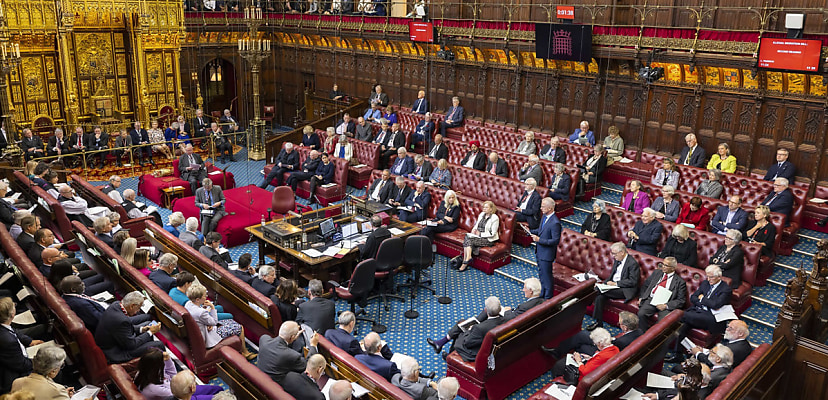After failing to pass the House of Lords four times, the Data (Use and Access) Bill has gone through both houses after the government proposed some amendments that improve transparency as to what data is being used.
Most of the bill will be laid out in future legislation and thus will not take effect until at least 2026, as the government is adamant that regulating AI practices should not be dealt with in the bill, but instead with an AI bill, which may not appear until next year.
“The deadlock has now cleared – but it leaves a regulatory gap. The government has made clear it will not be drawn into regulating AI training practices via fragmented amendments. Instead, it remains committed to introducing a ‘comprehensive’ AI bill in the next parliamentary session – though that could be as late as 2026,” said the managing associate in the commercial disputes team at Addleshaw Goddard, Rebecca Newman.
“This outcome leaves the question of whether AI developers must ensure their models are trained in accordance with UK copyright law unresolved – but given the ongoing Getty trial, the answer will likely be shaped first by the courts, not Parliament.”
British musician and icon Sir Elton John slammed the government for the bill, saying he felt “betrayed” by the current government and prime minister, who he has otherwise been a supporter of.
“The government are just being absolute losers, and I’m very angry about it,” he said.
“The danger is for young artists, they haven’t got the resources to keep checking or fight big tech. It’s criminal, and I feel incredibly betrayed.
“A machine ... doesn’t have a soul, doesn’t have a heart, it doesn’t have human feeling, it doesn’t have passion. Human beings, when they create something, are doing it ... to bring pleasure to lots of people.”
Elton John and other musicians, including Paul McCartney, Dua Lipa, Ed Sheeran, Florence Welch, and Coldplay, have echoed this idea of AI turning to industry theft with the new bill in a letter asking the government to update copyright laws. The artists are not against AI, but they want to protect their copyrighted material.
“Creative copyright is the lifeblood of the creative industries. It recognises the moral authority we have over our work and provides an income stream for 2.4 million people across the four nations of the United Kingdom. The fight to defend our creative industries has been joined by scores of UK businesses, including those who use and develop AI. We are not against progress or innovation,” said the letter.
“The creative industries have always been early adopters of technology. Indeed, many of the world’s greatest inventions, from the lightbulb to AI itself, have been a result of UK creative minds grappling with technology.”
The government’s push is likely fuelled by pressure on tech giants and the race to lead the AI industry. These tech companies believe that AI developers should have access to all data unless creators opt out.
Meta’s former president of global affairs, Sir Nick Clegg, believes that asking permission for every single copyright order would “kill the AI industry in this country”.

Daniel Croft

